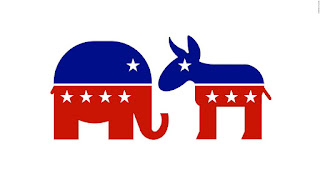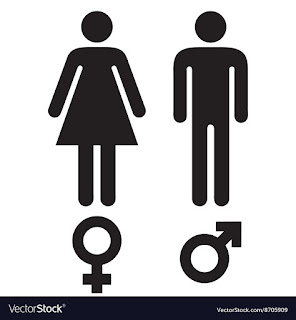Big Faith Big Prayers
When I was a Protestant, our college ministry would have these really early morning prayers where all the guys would go on top of Signal Hill and pray. We would gather in a circle and go around and do a little prayer. And by itself a 2 or three minute prayer isn't bad, but, when you have a couple of guys who are just trying to flex, a 3 minute prayers in a circle of about 15 guys can mean just standing in a circle for a solid 45 minutes, and I wasn't having it. So when it was my turn to pray, all I said was, "Dear God, please bless me with millions and millions of dollars. Amen." I was kinda making a point, and I was being a butthead about it. Afterwards, my friend Max came up to me, and he told me, "Dude, I looked up and Steve just gave you the maddest look. It was hilarious." Indeed, it was. So, what exactly is wrong here? Maybe the execution of the prayer, in that context, but I want to look at the content. The content of the prayer did, at the time, see



